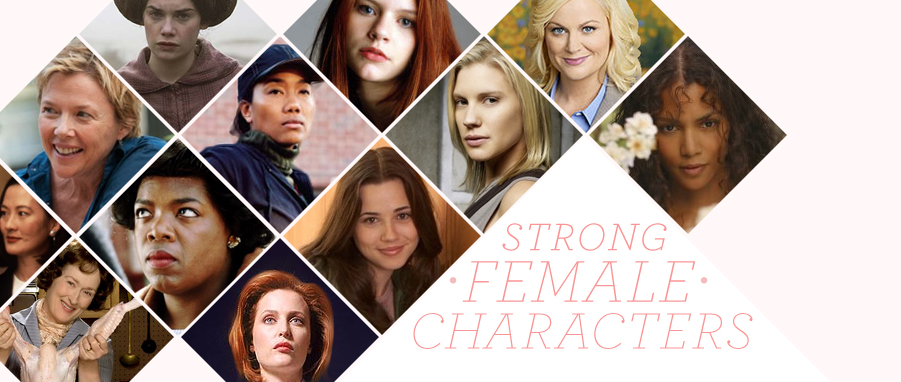 I just finished reading Jeffrey Eugenides’ most recent novel, The Marriage Plot, and having done so, felt more equipped to ponder a rather inflammatory statement he made last September regarding perceived difference in treatment of women authors’ work in relation to that of their male colleagues.
I just finished reading Jeffrey Eugenides’ most recent novel, The Marriage Plot, and having done so, felt more equipped to ponder a rather inflammatory statement he made last September regarding perceived difference in treatment of women authors’ work in relation to that of their male colleagues.
Jodi Picoult had tweeted the following: “NYT raved about Franzen's new book. Is anyone shocked? Would love to see the NYT rave about authors who aren't white male literary darlings.”
Ostensibly, she was criticizing the fact that while her books covered similar ground as Franzen’s, they were treated very differently by publishers and critics alike. Even the cover designs send out “chick lit” signals, while Franzen’s look more “serious author consider this for an award please.”
It could have been left at that. But Jeffrey Eugenides, himself an acclaimed male author, felt compelled to chime in. In an interview with Salon, he called Picoult’s complaints “belly-aching” and said, "I didn’t really know why Jodi Picoult is complaining. She’s a huge best-seller and everyone reads her books, and she doesn’t seem starved for attention."
Here’s where I’m like, hold up, Eugenides.
While it would be unseemly for Picoult to complain about any lack of commercial success, there is a difference between that and critical success, aka being taken seriously as a writer. I’m not super familiar with her work, so I don’t actually know how good of a writer she is. But—at the very least—she is Ivy League-educated, very prolific, and sells millions of novels, albeit ones that must single-handedly keep a lot of hand models specializing in soft lighting and tender gestures in business.
And therein can lie part of the problem. A book’s marketing goes a long way in determining its reception. If the publisher thinks a book will sell to a middle-aged, light-reading crowd, they’ll commission cover designs and blurbs that appeal to said crowd. While such marketing is often astute, it also precludes the possibility that those books will ever be Taken Seriously.
And as author Maureen Johnson recently wrote in the Huffington Post, “The simple fact of the matter is, if you are a female author, you are much more likely to get the package that suggests the book is of a lower perceived quality.”
Eugenides may or may not be right that Picoult herself has nothing to complain about. But his casual shrug-off of any kind of gender gap in the promotion and reception of modern literature seems at best naïve, at worst super male privilege-y.
I like Jeffrey Eugenides a lot. I’ve read all three of his novels, and interestingly all of them devote major page time to female characters in mostly sensitive and nuanced ways. The Virgin Suicides is told from the point of view of a chorus of neighborhood boys who are obsessed with the five sisters of the tragic Lisbon family. While the boys never truly understand the girls’ pain, there is a deep cosmic sympathy that courses through the narrative—even as the girls remain inscrutable, it is always understood that they are flawed breathing human beings.
Middlesex (which I reviewed on my book blog) is an epic chronicle of Cal Stephanides, born Calliope, a hermaphroditic boy who spends the first fourteen years of his life as a girl. Again, while hardly an LGBTQ anthem, the book deftly deals with the fluidity of gender and sexuality, as well as the persistent presence of “Cal” in both a female and male body.
It wasn’t until I read his most recent novel, The Marriage Plot, that I could see where Eugenides might go wrong. The narrative is told from three points of view, your classic love triangle between Madeleine, Mitchell, and Leonard. Mitchell, like Cal, has a lot in common with Eugenides himself and is fully fleshed out. Leonard suffers from bipolar disorder, and his passages are often gut-wrenching. But Madeleine? She’s kind of a privileged, boy-crazy twit. It’s not that she’s entirely unsympathetic—but she’s uninteresting, un-fleshed-out, and seems to exist (even with omniscient narration) as the cardboard fantasy of Mitchell’s ill-advised romantic desires.
Further, and here’s where the irony gets delicious: The Marriage Plot’s title and content could have lent themselves to the most chick lit-y of marketing campaigns. Madeleine is an English major obsessed with Austen, and though somewhat subversive Eugenides’ narration does self-consciously follow the old marriage plots within his modern (and postmodern) 1980s setting. Yet the cover for his book, the blurbs, and its placement in the bookstore are all miles away from Jodi Picoult’s stuff. Is this the proof he needs that male and female authors’ work are often given unequal treatments? Could a woman author have written something called The Marriage Plot about a college girl in love and been taken seriously as Literature? It’s debatable, but it's doubtful, and it’s definitely worth asking.
For more on this thought experiment, I highly recommend that you check out Maureen Johnson's May 2013 Huffington Post article, which showcases the results of her Twitter project to “gender-flip” famous novel covers—including The Marriage Plot.

